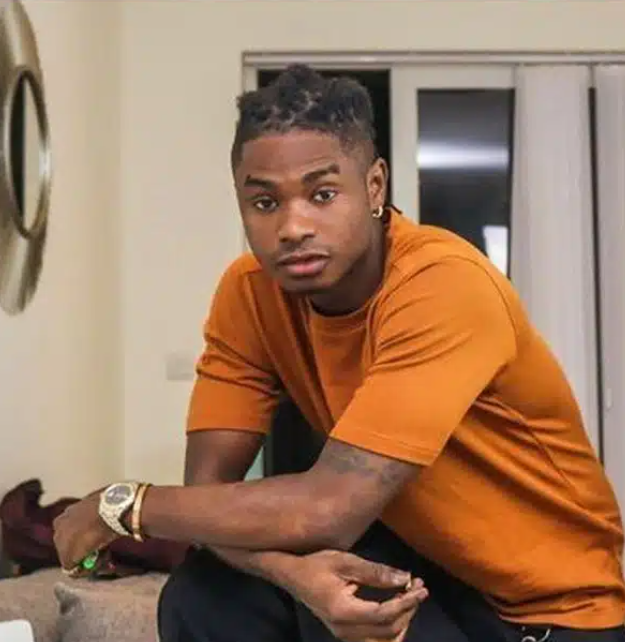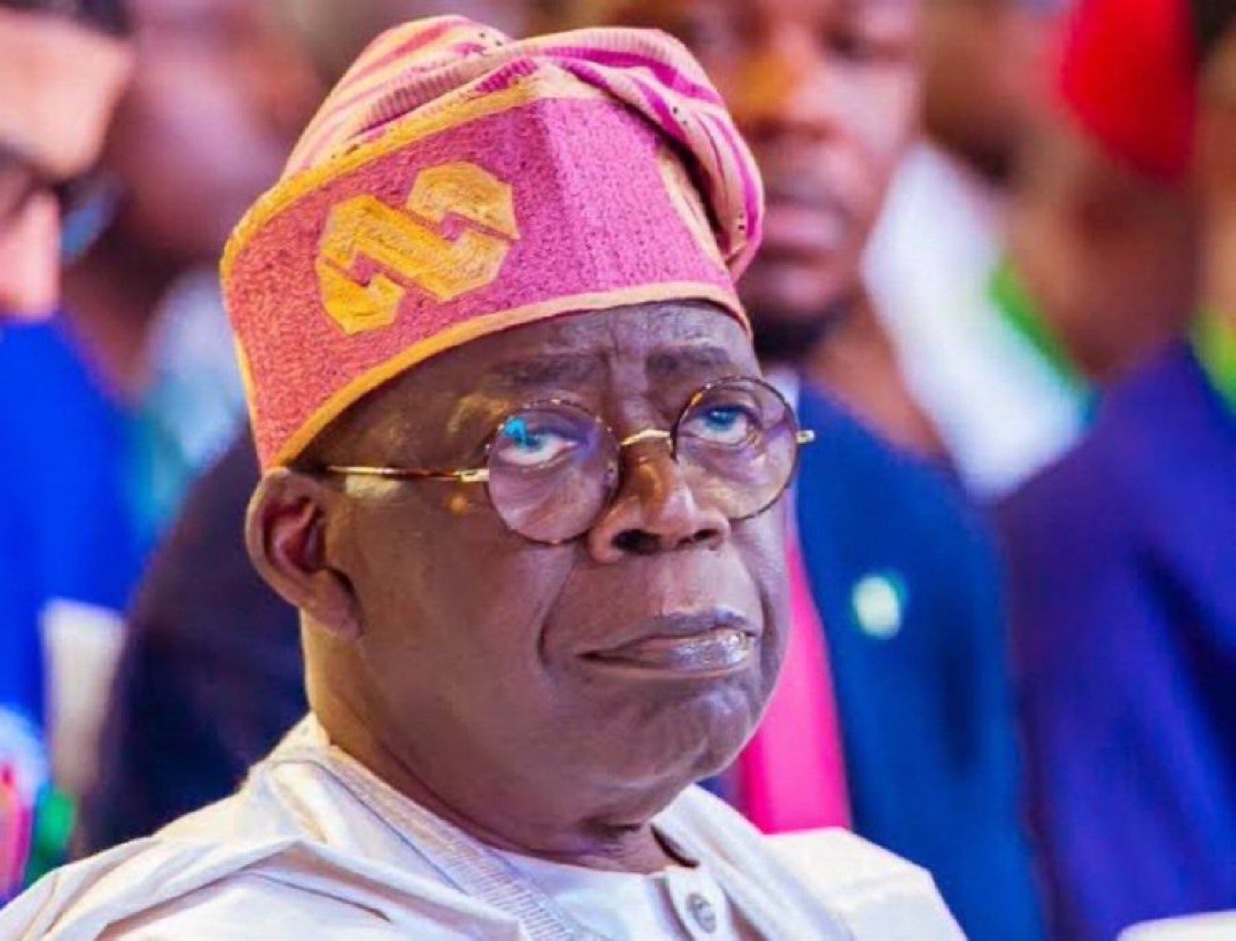
“I Diagnosed Myself”: Lil Kesh Speaks Out on Silent Struggles with Anxiety and Undiagnosed ADHD

Nigerian rapper and songwriter Lil Kesh has broken the silence on his long battle with mental health, courageously revealing personal struggles that often remain hidden behind the glamor and energy of the music industry. In a heartfelt interview, the “Shoki” hitmaker opened up about his ongoing experiences with anxiety and a condition he believes to be Attention Deficit Hyperactivity Disorder (ADHD), though never formally diagnosed.
In an industry where artists are often expected to project confidence, energy, and unwavering creativity, Lil Kesh peeled back the curtain to share a much more vulnerable side of himself. With a quiet intensity, he admitted that he has battled symptoms consistent with ADHD since childhood — a condition often characterized by inattention, impulsiveness, and hyperactivity. While he’s never received a clinical diagnosis, the rapper was quick to emphasize that he knows his mind better than anyone else. “I don’t like to identify as ADHD, but I have ADHD,” he confessed. “Everybody has a particular level of ADHD to them. But it’s bad when it is a disorder. I’ve had my fair share of that disorder right from when I was a kid.”
That statement alone carried weight — not just for what it revealed about Lil Kesh’s own journey, but for what it said about how so many people, especially in Africa, live with undiagnosed or misunderstood mental health conditions. ADHD is often overlooked or minimized, particularly in regions where mental health awareness remains a developing conversation. Yet for Kesh, the symptoms have been too loud to ignore. He spoke with the certainty of someone who has spent years navigating the internal chaos that can come with the disorder. “I diagnosed myself,” he said. “But trust me, I know.”
The emotional candor didn’t stop there. The rapper also touched on the consuming nature of anxiety and how life under the public eye only magnifies it. While many see the flashing lights, the stage performances, and the seemingly effortless charisma, Lil Kesh offered a sobering reminder that being in the spotlight often means carrying the weight of unseen emotional struggles. For him, one of the biggest triggers is uncertainty — not knowing what comes next, or how to process what he’s feeling. “I feel like not knowing, lack of clarity… that’s one thing that can give me anxiety,” he admitted. “Once I know what it is that I’m dealing with or what type of emotion I’m actually feeling or what my problem really is, that is half solved.”
It’s a powerful insight into the mind of an artist who has spent years not just crafting music, but also wrestling with the invisible battles of the mind. And it’s not just about Lil Kesh — it’s about the thousands, perhaps millions, of others who see their stories reflected in his. Mental health is still too often taboo, particularly for men and even more so in African societies, where vulnerability is frequently mistaken for weakness. By speaking out, Lil Kesh is helping to dismantle that narrative.
This revelation also brings to light the often misunderstood nature of ADHD. Many people think of it merely as a childhood condition marked by restlessness or a short attention span. But the reality is far more complex — especially for adults who grow up undiagnosed and must learn to adapt in a world not built to accommodate neurodiversity. Kesh’s experience highlights just how deeply ADHD can affect one’s personal and professional life, especially when the condition is self-managed without medical support.
His bravery in sharing these details comes at a time when more celebrities are beginning to speak openly about their mental health, helping to reduce stigma and encourage others to seek help or at least acknowledge their struggles. For Lil Kesh, this wasn’t about a media stunt or a strategic career move. It was about truth, healing, and giving voice to a part of himself that too often goes unheard in the entertainment world.
What makes his revelation even more striking is the way he spoke — not with self-pity, but with introspection and a quiet resolve to continue navigating his challenges. He didn’t claim to have all the answers. He didn’t preach. He simply told his story, and in doing so, invited others to begin telling theirs.
For fans who have followed him from his YBNL days to his solo career, this moment of transparency offers a deeper connection — a reminder that behind the music is a human being still figuring things out, just like everyone else. It’s easy to see Lil Kesh as the energetic performer known for infectious street anthems, but this recent interview shows a different side: a man confronting his past, managing his present, and cautiously hopeful about the future.
His words may also help open a new chapter in the conversation around mental health in Nigeria and beyond. By admitting that he has self-diagnosed ADHD and continues to struggle with anxiety, Lil Kesh is encouraging fans and the public to recognize that mental health issues aren’t always visible, and they certainly aren’t always diagnosed. Sometimes, understanding begins with self-awareness — and sometimes, that self-awareness can save lives.
Lil Kesh’s revelation is more than just a headline. It’s a call for empathy, for deeper conversations, and for a more compassionate understanding of what it means to live with mental health challenges. As the interview continues to circulate online, many are applauding the artist for his bravery. And rightly so. Because in a world that often demands perfection, it takes extraordinary courage to say, “I’m struggling too.”


